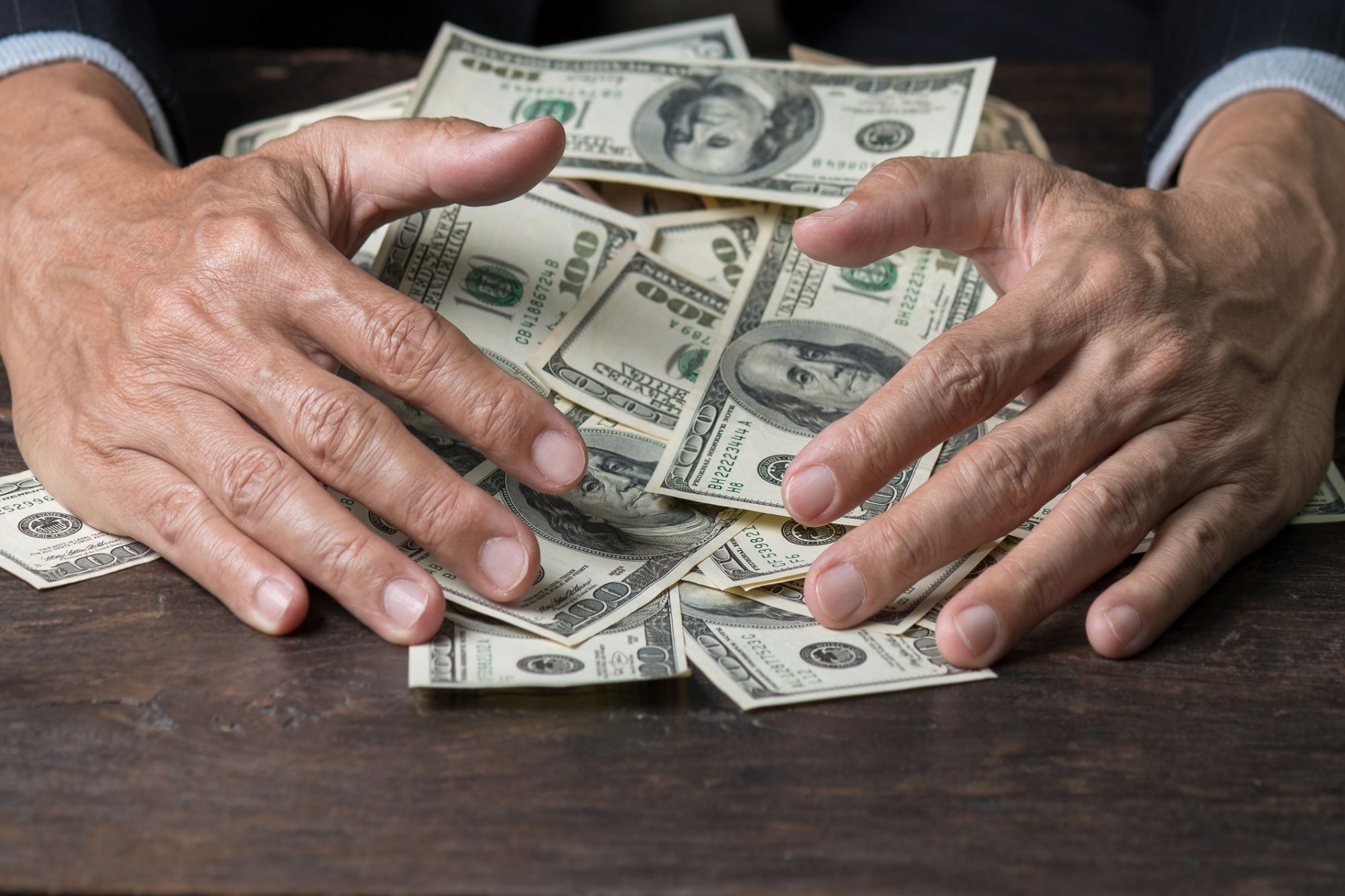Will Getting Rich Make You a Jerk? Believe it or not, if you weren't a jerk to begin with it could have the opposite effect.
By Gene Marks Edited by Dan Bova
Opinions expressed by Entrepreneur contributors are their own.

Wealthy people are dishonest. Wealthy people are corrupt. Wealthy people are selfish. Is that really true? Recent events seem to point to this. In the wake of the Paul Manafort trial and other documented misbehaviors newly uncovered by members of our political and business elite, some people are asking whether or not the wealthy can be trusted.
"There's something about wealth and privilege that makes you feel like you're above the law that allows you to treat others like they don't exist," Dacher Keltner, a psychologist at the University of California at Berkeley Keltner told the Washington Post. "To researchers who study wealth and power, it's dismaying but not surprising, because it tracks so closely with our findings. The effect of power is sadly one of the most reliable laws of human behavior."
Related: 6 Reasons Why You Must Resist the Temptation to Hire a Brilliant Jerk
Keltner has spent years studying the effects of wealth and power on human behavior. His research, as well as that of many others, has shown that wealthier people are more likely to ignore laws, less likely to help those in need and have are likelier to cheat on their taxes (and their romantic partners). They also tend to steal and lie more often, and to give charities relatively less money than their poorer counterparts.
Good Lord! So does this mean that being rich is bad? Should we avoid trying to increase our wealth for fear that we will also become jerks? Will added prosperity ultimately reveal our inner "jerkiness" to the world? Of course not.
Related: Why the Most Successful People Have the Most Haters
Aside from the scientific studies -- like those conducted by Keltner and his colleagues -- we all know that it's silly to generalize. If you run a business you're likely to be acquainted with a handful or more of "wealthy" people and I'm sure -- like all other people -- there are good ones and bad ones. We're familiar with philanthropic people like Bill Gates and Warren Buffett. Gerry Lenfest, the cable TV magnate who died last week, gave a big chunk of his $6 billion fortune to charities like Teach for America and various museums.
We also know about the shenanigans of the Paul Manaforts and Harvey Weinsteins, too.
But the fact is that these people were likely jerks to begin with and that success only threw fuel on the fire. Having a lot of cash in the bank can certainly cause some people to make stupid, jerky decisions. But I believe these people are anomalies. For most, wealth and prosperity simply serves to make people better at business.
Related: Why Haven't We Seen a Clear Philanthropic Vision From Jeff Bezos Yet?
We struggled for years after I started up my company. Cash was tight and I was stressed. Unfortunately, when you don't have a lot of money and you have bills to pay you do some things that you aren't proud of. Back in those days I took on projects for which I was (to put it generously) less than qualified. I strung out suppliers. I pushed customers for payment. I hired people with fewer skills because they were cheaper. I invested in inferior technologies because they cost less.
Somehow, and mostly through luck, I survived this and my business grew. So did my cash balance. I haven't become Paul Manafort or Jeff Bezos rich. But I did become a little wealthier. Did I then start cheating on my taxes, lying to others and refusing to help people in need? No. But because I was "richer" I did find myself making better decisions.
I paid a little more for things because they were better quality. I hired people who were more skilled. Most importantly, I walked away from jobs and clients when I wasn't truly qualified to do the work. My reward was less angina and fewer complaints. The work we did take on was completed faster and better. These were all the results of me being "richer."
Wealth has different effects on people. For some, it turns them into jerks. For a few others it makes them even jerkier. But for most good entrepreneurs, being wealthier enables us to make better decisions and be better business people. That, in turn, benefits all those who depend on our companies for their livelihoods.









